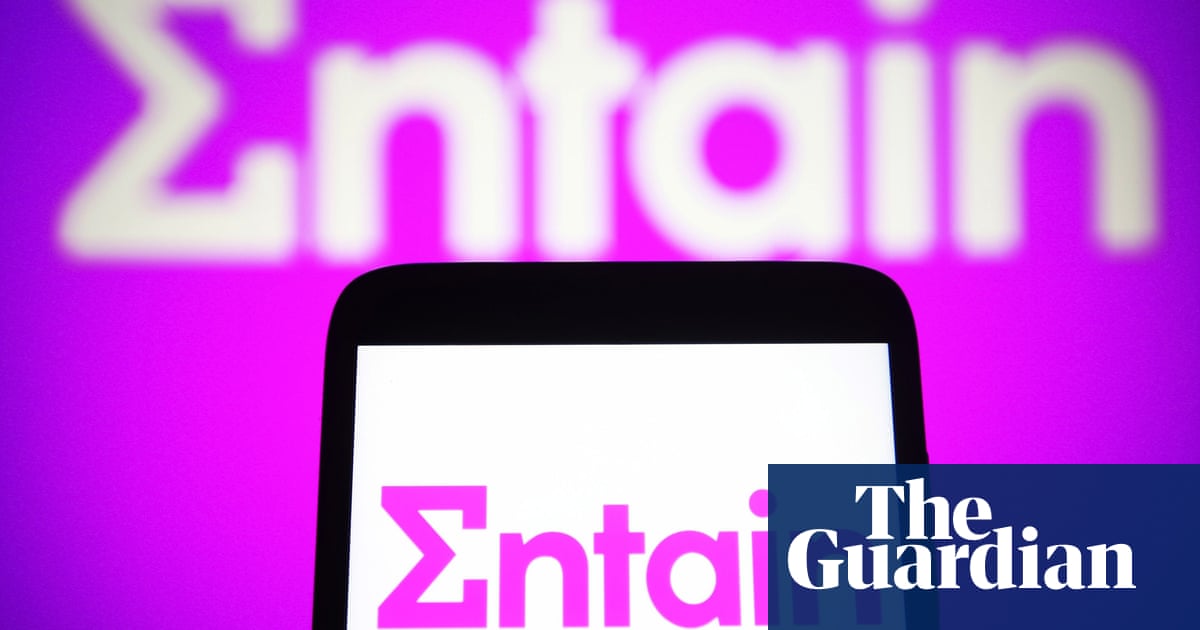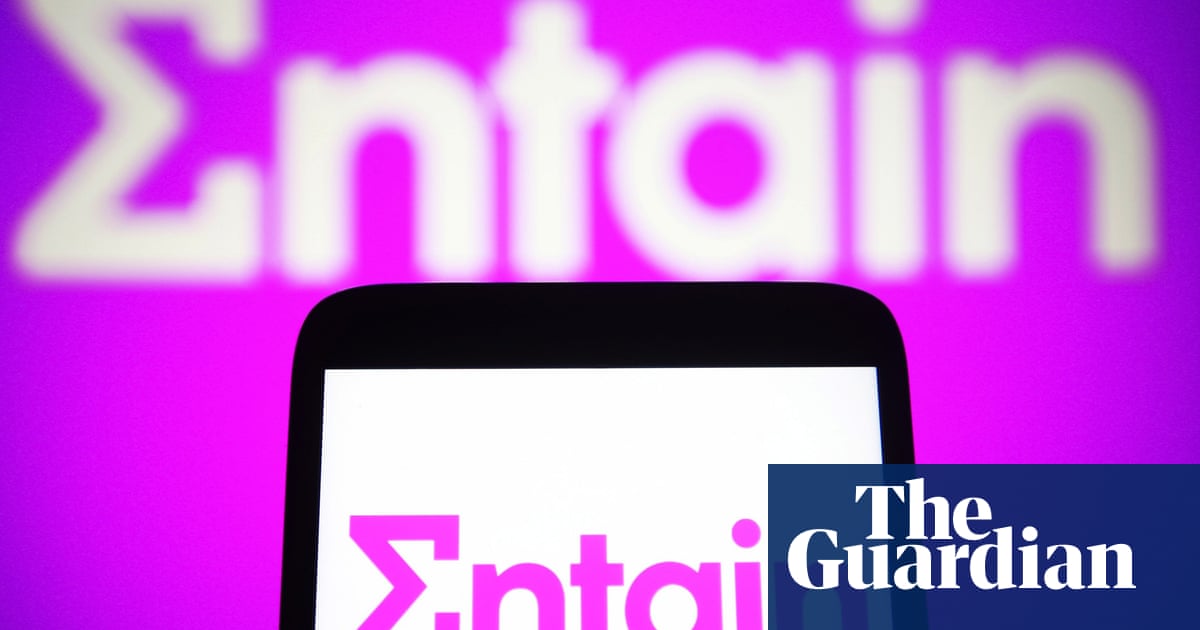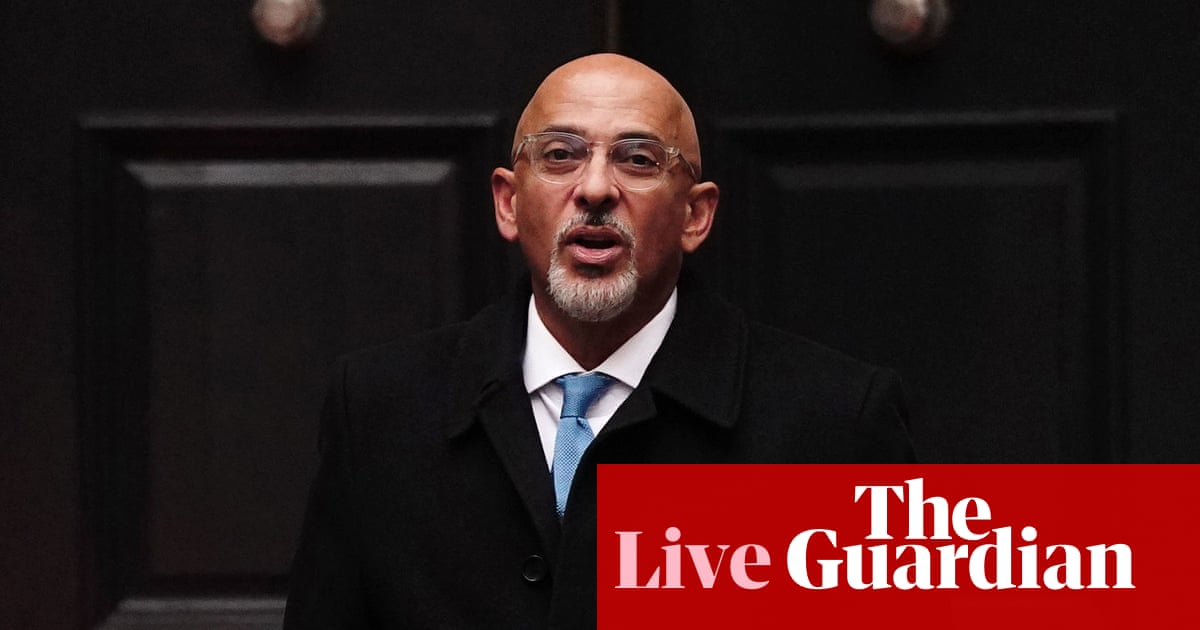
UK tax authorities have widened their investigation into gambling firm GVC, in a shock escalation that sent shares in the owner of Ladbrokes bookmakers tumbling.
Britain’s biggest bookmaker fell by 102p, or almost 12%, to 770p on the news, making it the worst performer among FTSE 100 companies.
The sports betting and gaming group, which also owns the Coral and Gala brands, was taken by surprise after HM Revenue & Customs (HMRC) said on Monday that it was examining “potential corporate offending” by a former Turkish subsidiary.
GVC had previously thought that HMRC was investigating some of its third-party suppliers, which processed payments for its operations in Turkey, where internet betting is illegal.
The company said it had not expected the tax authority’s decision to extend its investigation and was “disappointed by the lack of clarity provided by HMRC as to the scope of its investigation”.
HMRC has not yet identified which part of the group is being investigated, according to GVC, nor offered any detail on the historic conduct concerned, other than a reference to section seven of the Bribery Act 2010.
The relevant section of the act relates to the failure of UK commercial organisations to prevent bribery anywhere that they carry out business.
“In the meantime, the company continues to cooperate fully with HMRC regarding the provision of information,” GVC said.
The Isle of Man-based betting firm sold its Turkish business in December 2017, shortly before buying Ladbrokes Coral for £3.6bn.
It did so amid reports of concern among lenders backing the multi-billion pound takeover about the risk of operating in a country where internet betting is effectively a black market activity.
It had initially hoped to recoup up to €150m by selling the division to Ropso Malta, a company that provided IT services for the Turkish operation.
But it eventually waived the fee as it focused on the Ladbrokes Coral deal and has since denied any impropriety over the deal with Ropso Malta, whose investors include Ron Watts, who co-owns a stud farm in Scotland with former GVC boss Kenny Alexander.
GVC provided the tax authorities with information about its Turkish business in 2019, after HMRC ordered it to do so.
News of the expanded investigation into its Turkish business prompted a sell-off among GVC investors concerned about the uncertainty created by an ongoing tax probe with no obvious end in sight.
“It’s no wonder GVC’s management complain about the lack of clarity from the tax authorities, it is this lack of clarity which will do the damage,” said Russ Mould, investment director at AJ Bell.
“Until the position is made more transparent, investors will be forced to fill in the gaps by speculating about the impact it might have on the business and its prospects.
“The situation has moved from a speck of cloud on the horizon, as GVC faced an initial investigation into payment processing by third parties in its now offloaded Turkish online gambling business, to a big, dark rain cloud hovering over the firm.”
Details of the tax probe emerged shortly after the company announced the surprise departure of Alexander earlier in July ending 13 years at the helm.
Alexander has been succeeded by Shay Segev, who was previously the group’s chief operating officer.
Alexander joined GVC in 2007 when it was listed on London’s junior stock market, Aim, and steered its growth to become a FTSE 100 company that employs more than 25,000 people on five continents and is expanding into the newly liberalised US gambling market.
HMRC said it was unable to comment further due to taxpayer confidentiality.
GVC is due to release its half-year results in August, offering further insight into its performance during the coronavirus lockdown.
In a trading update issued earlier this month it said first-half net revenues were down 11% as a surge in online betting income helped mitigate the three-month closure of its entire UK bookmaking estate.












